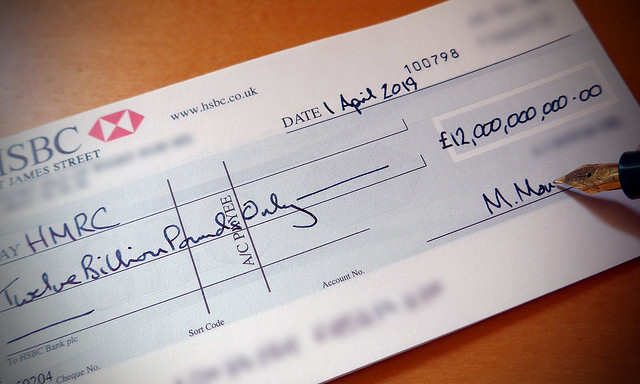Cheque bounce charges for different banks

Cheque bounce or the dishonor of an issued cheque means not processing of a cheque for various reasons.
Though insufficient funds is one of the main reasons for the cheque bounce that most people know of, there are other reasons as well.
Here are the various reasons for cheque bounce:
- If the bank account has funds less than the amount written on the cheque, then it would be dishonored. Banks charge a non-sufficient funds (NSF) charge in such situations.
- If the signature mismatches with that on the bank’s record, then the cheque would be dishonored.
- Writing the wrong date, i.e. by mistakenly writing old year or if the date is not legible, then the cheque will be dishonored.
- If there is discrepancy in the amount written in words and numbers, in such cases also cheques will not be honored.
- If the cheque is damaged or disfigured, then it is not valid for processing.
- Overwriting on the cheque is also not allowed as it may appear forged.
Whatever are the reasons, you will be charged for the dishonor of the cheques.
Moreover, your credit score is affected with dishonor of cheque.
You may also face civil or criminal charges from the party to whom you issued a cheque for the cheque bounce.
Cheque bounce charges vary with each bank.
- SBI charges ₹500 plus GST for insufficient funds and ₹150 plus GST for cheque returned due to technical reasons.
- ICICI bank charges ₹350 for one cheque in the month. Thereafter, it is ₹750 per each returned cheque in the same month for financial reasons.
- HDFC bank also charges ₹350 for cheque dishonor due to insufficient funds. For technical reasons, it charges nothing.
Image Credit: Andrew Gustar / CC BY-ND 2.0
Image Reference: https://www.flickr.com/photos/andrewgustar/42602863604









Leave a Reply